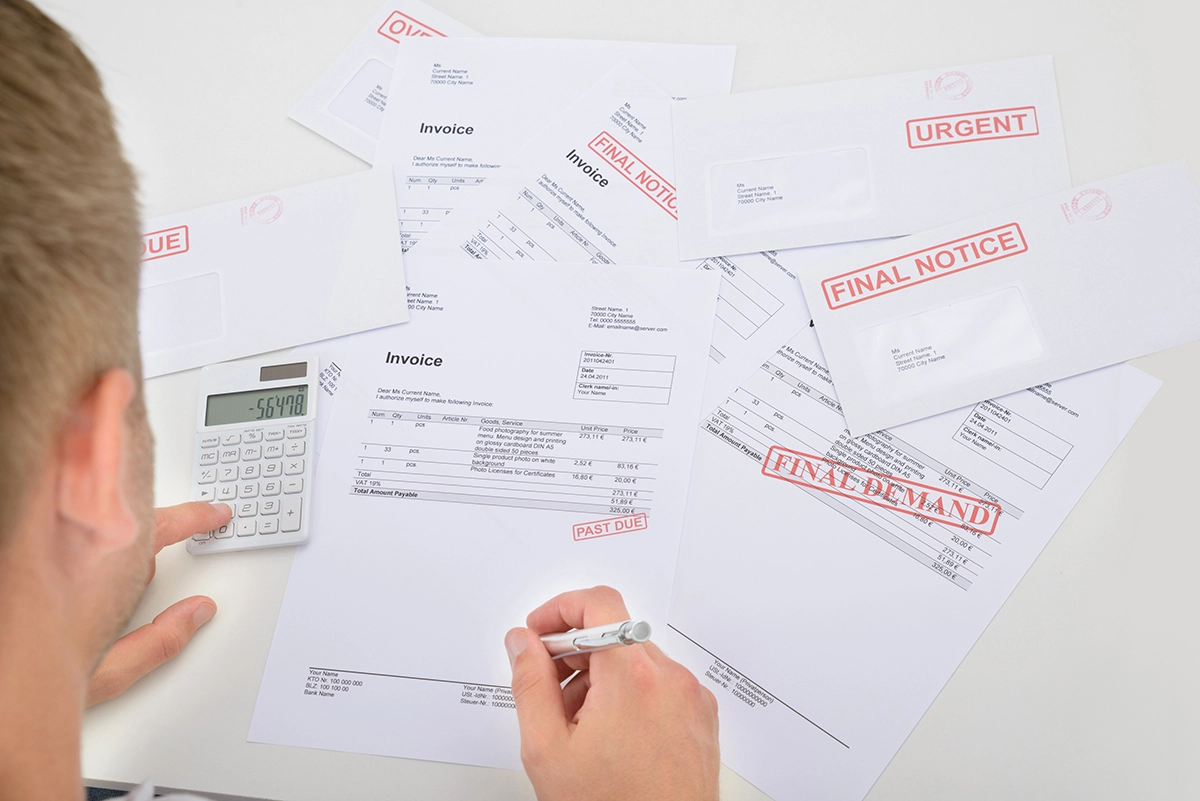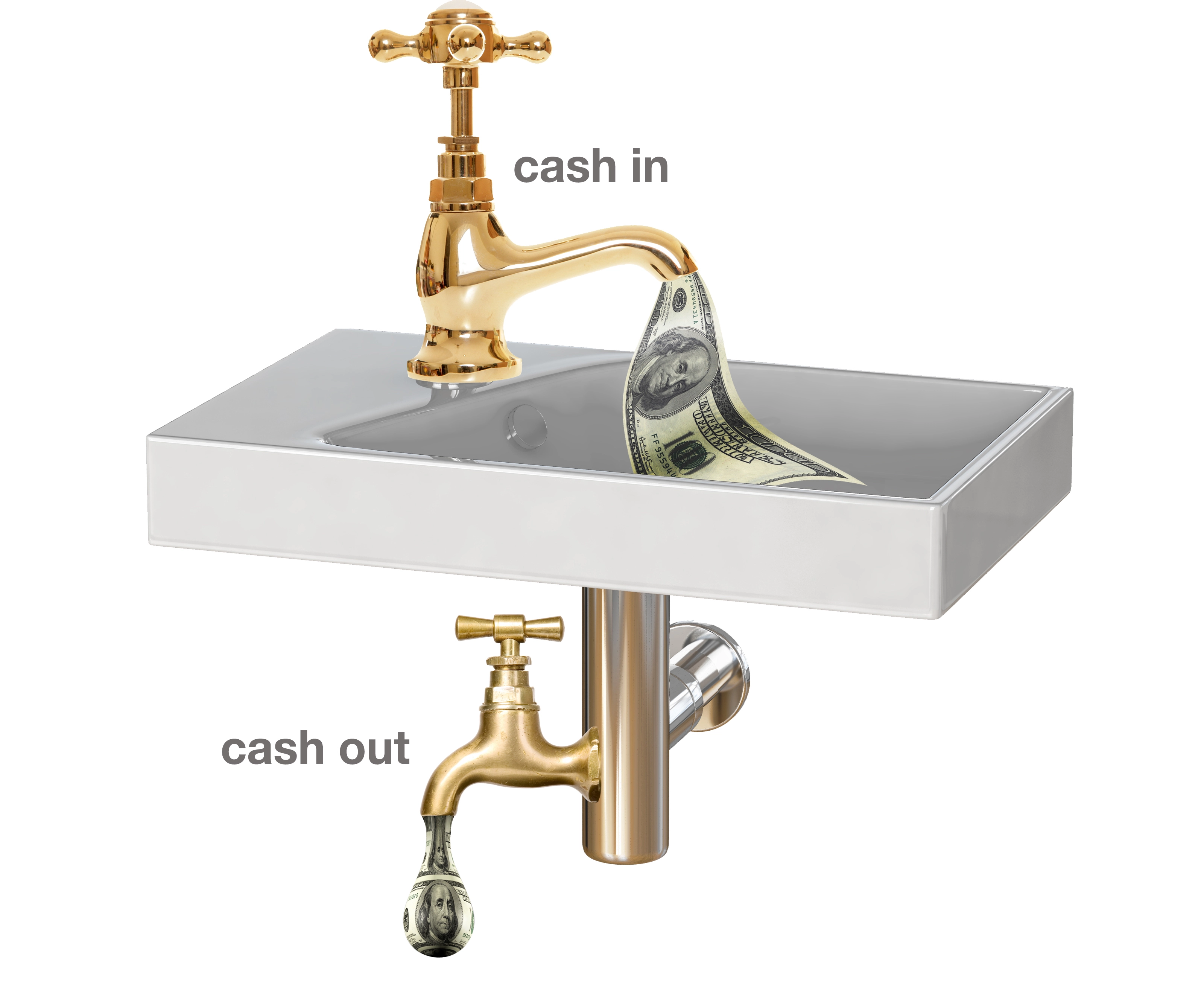I’ve written about the first four steps: Know how you generate revenue, make sure you have profitable revenue, track your billable hours each month, and review timely, accurate financial statements each month.
Here’s the last step:
Step 5- Protect Your Cash
Cash is the lifeblood of your business. These five procedures help you protect your hard-earned cash.
1. Look at all your online bank accounts daily – operations, payroll, savings accounts and lines of credit.
This should become a habit – just like brushing your teeth.
It takes less than five minutes a day. And it can help you prevent internal AND external theft.
Here’s what happened to one of my clients:
The owner had delegated the responsibility of looking at the bank statements every day to his bookkeeper (he has since wisely taken back that responsibility).
One day, the bookkeeper saw two deposits, each for less than a dollar. These are the type of deposits you receive when opening a new online way to get paid – i.e., like setting up a PayPal account.
The bookkeeper assumed that’s what happened. The owner set up a new account and forgot to tell him.
The next day, the bank called and asked whether they had authorized two $25,000 withdrawals from their operating account!
Obviously, the answer was no.
The bank immediately shut down the account.
Please look at all bank accounts online every day. You could prevent something like this from happening to you.
2. For QuickBooks® users.
a. Watch undeposited funds on your balance sheet. All deposits should be made into your bank operating accounts at the end of each month. This value should be zero or close to zero every month.
b. This value should not be negative. That means you’ve put more money into your bank accounts than you’ve collected for. Find out why it is negative.
3. Watch what you sign.
a. When you sign checks, ensure the backup for those checks is with them. Match the invoices from your vendors and, if appropriate, purchase orders and packing slips with the check amount. Make sure that what you are signing makes sense.
b. Never sign blank checks – you have no idea who they are being issued to.
c. Likewise, don’t write a check or take funds out of your account without telling your bookkeeper. Yes, it is your company. However, if the bookkeeper doesn’t know about the checks, it will be harder to reconcile the bank accounts each month.
d. Don’t use signature stamps. You should sign all checks. If two signatures are required and one is a signature stamp, that violates the separation of duties.
4. Make your home address the address of record for your company bank accounts.
a. Even when you look at your bank accounts online daily, there is still a monthly bank statement. It is often now electronic, and you don’t get a physical statement. However, when your home address is the address of record, you see all communications about your accounts. You see notices of late loan payments as well as bounced checks.
b. Look at the statements and ensure that what you’ve seen online makes sense. It is a second check protecting your hard-earned cash.
5. Make sure you see the reconciliation reports of all bank and credit card accounts.
a. I wrote about this last month. It is critical that you reconcile your bank statements each month and that you see that the reconciliation report balances.
b. If you see unauthorized purchases from employees’ credit card accounts, take the necessary steps to discipline the employee and receive payment for the unauthorized purchases.
Knowing how you generate revenue, making sure you have profitable billable hours, tracking those billable hours each month, reviewing timely, accurate financial statements each month, and proper cash procedures help you experience freedom with your financially fit business.
Ruth King has more than 25 years of experience in the HVACR industry and has worked with contractors, distributors and manufacturers to help grow their companies and become more profitable. Contact Ruth at ruthking@hvacchannel.tv or at 770-729-0258.






